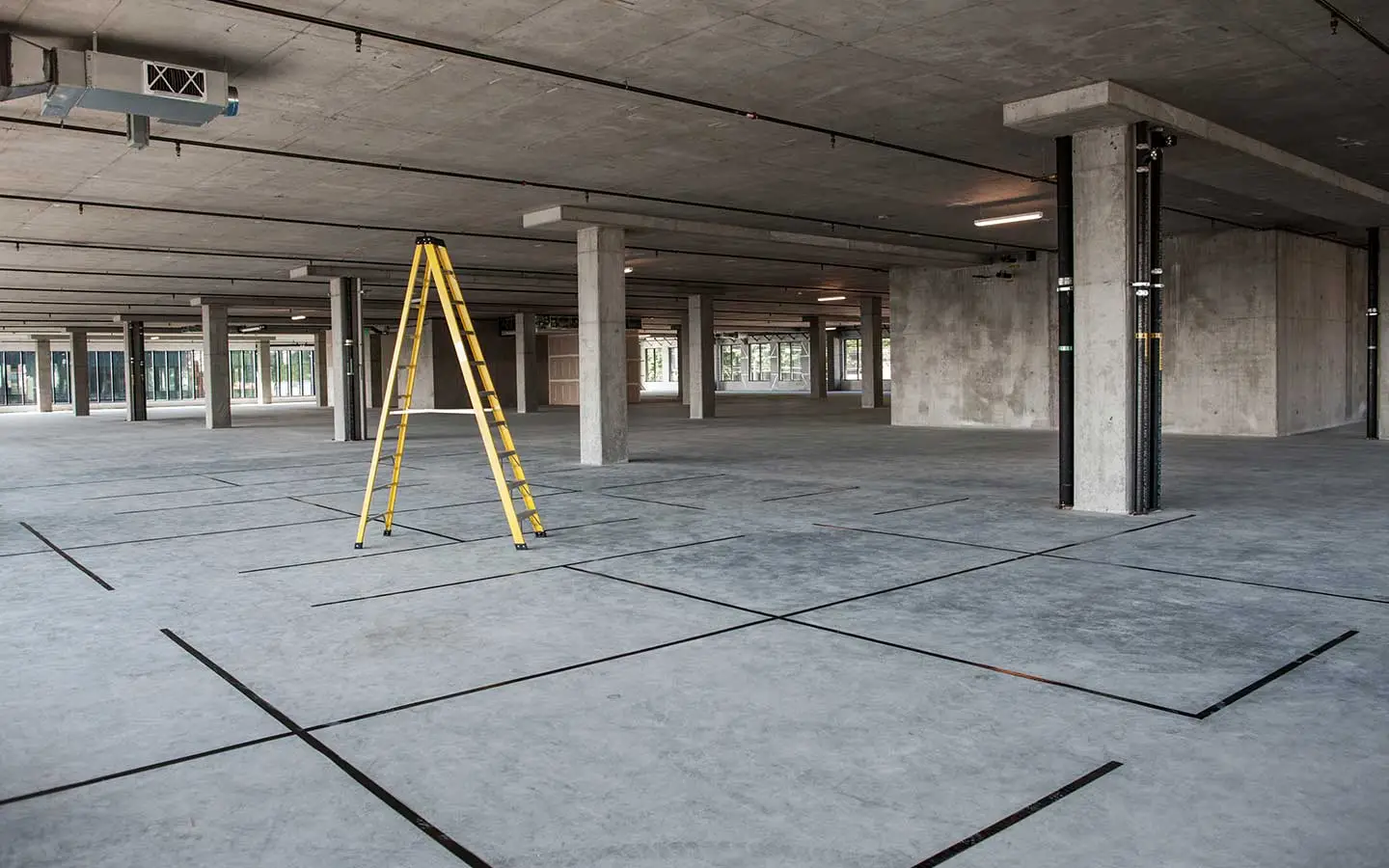Purchasing commercial property in Christchurch requires more than financial analysis and location assessment. The city’s unique post-earthquake environment means hidden structural, compliance, and safety issues can turn a promising investment into an expensive liability. Understanding what to look for during due diligence protects your investment and prevents costly surprises.
But it doesn’t have to be overwhelming. Professional building assessment is the first step to confident investment decisions. This guide explains the critical issues that can derail commercial property investments and how thorough due diligence protects your interests.
Why Christchurch Commercial Properties Need Extra Scrutiny
Post-earthquake building standards have fundamentally changed commercial property requirements. Many buildings underwent repairs or modifications after 2010-2011, creating potential compliance gaps or hidden structural issues. Modern investors must verify that previous work meets current seismic strengthening standards and that the building can support intended commercial use.
Regulatory complexity means seemingly minor issues can trigger expensive compliance requirements. Understanding current building status helps avoid unexpected costs and operational restrictions after purchase.
Critical Structural Issues to Investigate
Hidden earthquake damage often remains undetected in commercial buildings. Professional structural assessment identifies:
- Foundation damage: Settling, cracking, or movement that affects building stability
- Structural modifications: Unauthorized changes that compromise earthquake resistance
- Connection deterioration: Weakened joints between structural elements
- Previous repair quality: Whether post-earthquake work meets current engineering standards
Load-bearing capacity verification ensures the building can handle intended commercial use. Heavy equipment, storage, or high-occupancy activities may exceed original design parameters.
Compliance Gaps That Cost Money
Building consent compliance reveals whether previous modifications followed proper approval processes. Unconsented work creates several problems:
- Council enforcement action requiring expensive rectification
- Insurance coverage gaps for unconsented modifications
- Sale complications when future buyers discover compliance issues
- Use restrictions limiting commercial applications
Fire safety compliance becomes increasingly complex in commercial buildings. Modern requirements often exceed original design standards, requiring expensive upgrades for continued operation.
Seismic Assessment: Essential for Informed Decisions
Current NBS rating determines earthquake compliance status and potential strengthening requirements. Buildings below 34% NBS face mandatory improvement deadlines, while those below 67% may face use restrictions or tenant concerns. Learn more about the NBS rating.
Strengthening cost estimates help evaluate total investment requirements. Professional seismic assessment provides realistic budgets for compliance work, allowing accurate investment analysis.
Timeline considerations affect cash flow and operational planning. Understanding strengthening deadlines helps coordinate improvement work with business operations.
Building Services and Infrastructure Assessment
HVAC system condition affects tenant comfort and operational costs. Aging systems often require significant investment to meet modern efficiency and environmental standards.
Electrical infrastructure assessment identifies capacity limitations and safety concerns. Many older commercial buildings need substantial electrical upgrades to support modern business requirements.
Plumbing and drainage evaluation prevents expensive surprises. Hidden leaks, aging pipes, or inadequate capacity can require immediate attention after purchase.
Accessibility and Modern Compliance Requirements
Disability access compliance affects building usability and legal obligations. Many older commercial properties require accessibility improvements to meet current standards.
Environmental considerations include asbestos, lead paint, or contamination issues common in older buildings. Professional assessment identifies remediation requirements and associated costs.
Energy efficiency requirements increasingly affect commercial property values and tenant appeal. Understanding current performance helps plan improvement investments.
The Professional Due Diligence Process
Comprehensive building inspection involves multiple specialists examining different building systems:
- Structural engineer assessment evaluating earthquake resistance and overall building condition
- Building compliance review verifying consent status and code adherence
- Services evaluation examining HVAC, electrical, and plumbing systems
- Accessibility audit identifying required improvements for disability access
- Environmental assessment checking for hazardous materials or contamination
Documentation review examines building consent history, previous engineering reports, and any council notices or restrictions affecting the property.
Cost-Benefit Analysis of Professional Assessment
Investment protection through professional due diligence typically costs 1-3% of purchase price but can prevent losses many times larger. Hidden issues often exceed assessment costs by 10-50 times when discovered after purchase.
Negotiation leverage from professional reports allows informed price discussions with sellers. Identified issues provide concrete evidence for price reductions or repair requirements.
Timeline planning helps coordinate the commercial building renovation/improvements with business operations, preventing expensive delays or operational disruptions.
Working with Experienced Professionals
Local expertise matters in Christchurch’s complex regulatory environment. Professionals familiar with post-earthquake building requirements, council processes, and common issues provide more valuable insights.
Coordinated assessment through experienced project managers ensures all critical issues receive attention while avoiding duplicated efforts or missed problems.
Making Informed Investment Decisions
Quality due diligence provides the information needed for confident commercial property investment. Understanding building condition, compliance status, and improvement requirements helps evaluate true investment costs and potential returns.
Risk mitigation through professional assessment protects against expensive surprises while ensuring the property can support your intended commercial use.
Conclusion: Professional Assessment Protects Your Investment
Commercial property investment in Christchurch requires careful evaluation of building condition, compliance status, and potential issues. Professional due diligence provides the information needed for confident decision-making while protecting against expensive surprises.
Don’t invest blindly in commercial property. Contact Fitz Consulting today to discuss comprehensive building assessment services that protect your investment and ensure informed decision-making.


